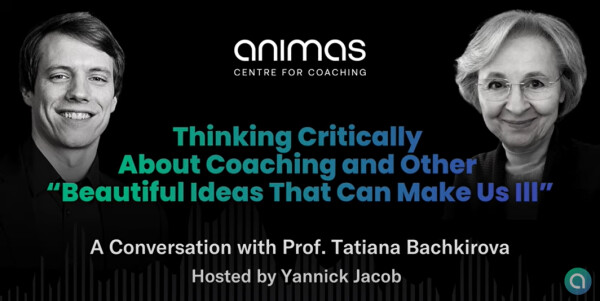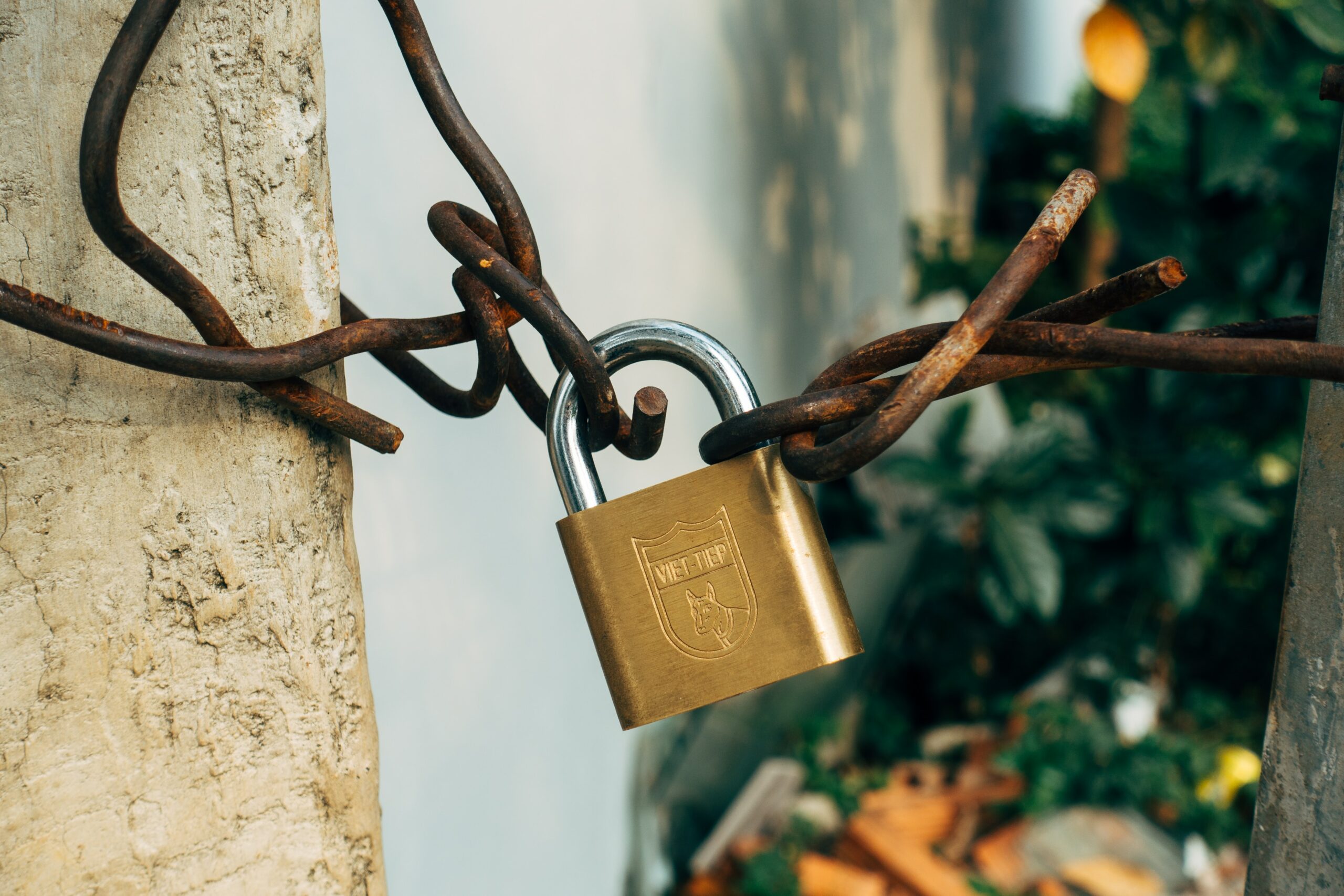“Where do we need to start in your story to understand who you are today?”
What an excellent entry point into a rich conversation!
While, in some way or other, I explore this with most of my clients, I really loved the wording of this question, as offered by Dr. Gary Crotaz, who I connected with this morning, and who kindly invited me onto his podcast “The Unlock Moment” (hence the title of this Nugget).
It may not be an exact moment (though it often is, and often that moment exists vividly in people’s memories, Gary tells me), perhaps it happened gradually… but to explore a time that significantly shaped your values, your identity, your mission, your story, or your sense of identity – what an incredibly rich inquiry!! And it makes for excellent storytelling too as you can imagine.
A thought that emerged while I was listening to Gary is that, first of all, too many people never take the time to reflect on their life to figure out how they’ve become the person they are today (for better or worse).
Secondly, those who are clear on who they are often cling on tightly to that concept of self, even after they’ve evolved, changed, or moved on from being that person.
And I get it: Once you’ve invested that much time and effort into figuring yourself out, you probably don’t want to let go of it so easily. And so it’s tempting to (usually unconsciously) ignore subtle (and even not so subtle) shifts in values, beliefs and worldviews – as to hold on to the clarity of self that you’ve worked so hard to achieve…
And then there you may be, 20 years later, in crisis, because “all of a sudden” you got old, you became a different person, or you don’t recognize yourself anymore.
Warning signs are a creeping sense of inauthenticity, something not feeling quite right, or an emerging sense of alienation with the people around you or the spaces you spend time in.
As human beings we’re always in a process of becoming, whether you’re paying attention to it or not.
One more reason to check in with yourself regularly and take stock of who you are becoming, before it’s time to dig deep into your past and figure out where things went wrong (which is usually some form of therapy). We can catch these shifts as they are happening, and when we do, we put ourselves into a position where we can actively participate in who we are becoming.
Coaching, and existential coaching specifically, is an excellent space to do just that. Other pathways also help, such as journaling, regular reflection time, conversations with the right kind of friends, therapy, many forms of art, and whatever you can think of to regularly turn your attention inwards, take a step back, and recognize yourself in the context of time and your environment.
That said, I’d love to hear some of your “unlock moments”.
With Love
Yannick
(And sorry-not-sorry for nicking the terminology here, Gary. If anyone’s resonating, I definitely recommend you check Gary’s podcast, especially theepisode with Marshall Goldsmith – arguably the GOAT of executive coaching/executive coach-branding)
_____
New content: “Beautiful ideas that can make us ill”

Tatiana is a wonderfully critical thinker, highly respected professor for coaching and supervision, and outspoken sceptic of positive psychology, transformational coaching, and other “beautiful ideas that can make us ill” (as per one of her published articles). As you can imagine, as someone with a masters degree in Applied Positive Psychology and hosting a podcast for a school that teaches transformative coaching, I’ve been waiting to challenge some of her challenges, which made for an excellent recipe for an engaging conversation. Enjoy!

